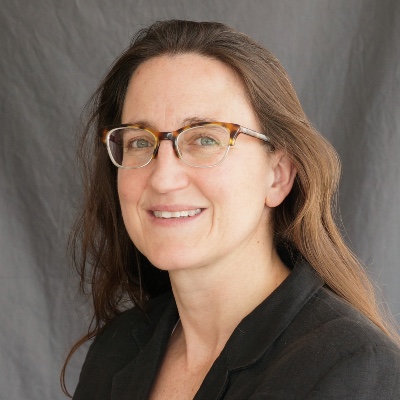Dear Members of the UConn Neuro Community,
On behalf of the Neuroscience Steering Committee, you are cordially invited to the 28th ANNUAL NEUROSCIENCE AT STORRS SYMPOSIUM on Thursday, November 6th, 2025, from 3:30pm – 8:30pm in The Dodd Center / Bousfield Building on the Storrs campus.
This annual event is sponsored by IBACS and brings together the brain science community at UConn/UConn HEALTH from across diverse departments, schools, and colleges. The event is supported by the BME department (this year’s host), and the departments of PNB, Psychological Sciences, and Pharmaceutical Sciences. The 28th Annual NEUROSCIENCE AT STORRS is packed with an inspiring keynote lecture, exciting short-format research talks, and poster presentations. All events are open to interested undergraduates, graduate students, postdocs, staff, and faculty from across UConn departments and schools.
This year’s Keynote Speaker is Dr. Nima Mesgarani, PhD, Associate Professor at the Zuckerman Mind, Brain, and Behavior Institute at Columbia University. Dr. Mesgarani is an internationally recognized scholar and leader in neural engineering and auditory neuroscience. He is a pioneer in the study of neural circuits underlying speech processing and made several key contributions to the development of AI models for automatic speech processing and brain computer interfaces for speech recognition. For information, please visit: https://naplab.ee.columbia.edu/
This is a GENERAL CALL for:
• POSTERS: Poster presentations from trainees (graduate students and postdocs) from UConn, UConn HEALTH or other local institutions (DEADLINE for submission: Tuesday, Nov. 4th)
• DATA BLITZ TALKS: Each talk is 3 mins and 3-4 PPT slides, 2 mins for questions, and limited to trainees (graduate students or postdocs) from UConn or UConn HEALTH (DEADLINE for submission: Monday, Nov. 3rd)
• REGISTRATION: Everyone is welcome, please register as soon as possible!
Please submit your applications for giving a poster presentation or Data blitz talk, as well as registration, at the bottom of the website: https://neuroscience.uconn.edu/28th-annual-neuroscience-at-storrs-2/
Neuroscience at Storrs has always been a fun and interactive showcase for our vibrant brain science community here at UConn, please spread the word and participate!
For general questions, please contact Sabato Santaniello (sabato.santaniello@uconn.edu) in the Biomedical Engineering Department.
Thanks!
The Neuroscience Steering Committee:
Alexander Jackson (PNB)
John Salamone and Heather Read (Psych)
Gregory Sartor (Pharm)
Sabato Santaniello (BME)


